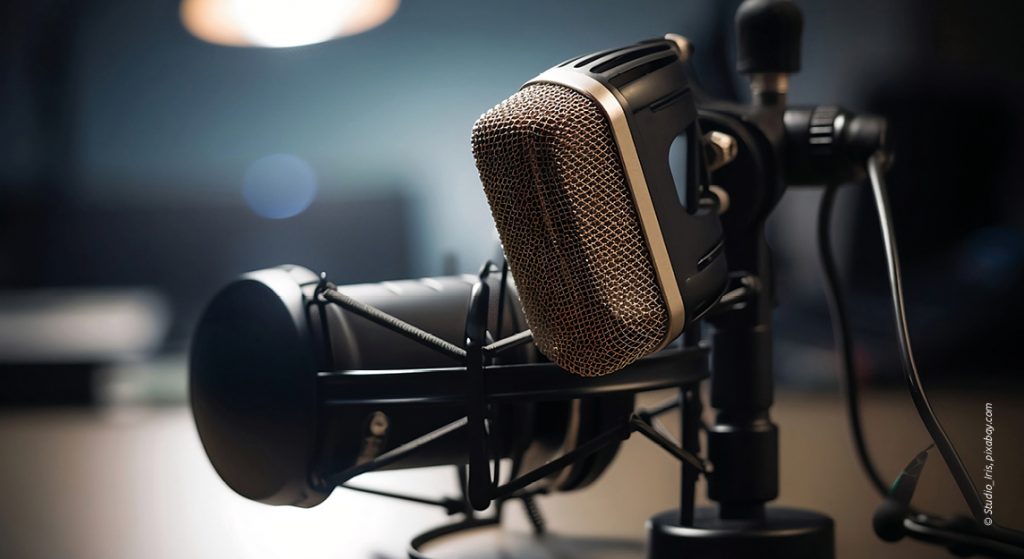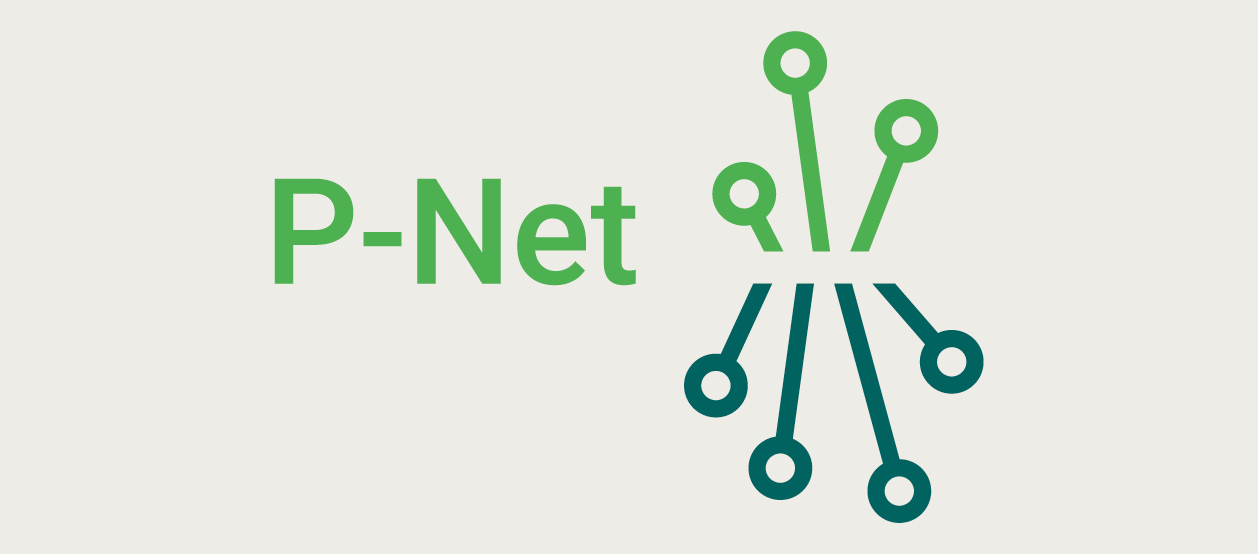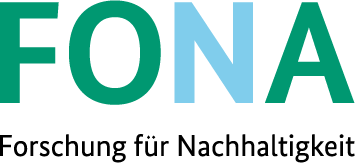P-Net with radio feature on Deutschlandfunk Kultur

On January 30, 2024, Deutschlandfunk Kultur (Dlf Kultur) published a radio report on the topic of “Sewage sludge – from waste to raw material”. Dr. Martina Winker from ISOE, a P-Net partner, explained important details on the process.
Sven Kästner visits the Ruhleben sewage treatment plant near Berlin, which treats and reuses the wastewater of around 2 million Berliners. Toilet, washing and street waste water is treated here. Stephan Natz from Berliner Wasserbetriebe explains how a sewage treatment plant works and what happens to the remaining sludge. This is fed into a secondary clarifier, where the water is removed from the sludge, and then burnt in the sludge incinerator.
Dr. Martina Winker from ISOE – Institute for Social-Ecological Research, a partner in the P-Net project, explained details on the nutrients within the sewage sludge. The report is available to listen to via the following link: https://www.deutschlandfunkkultur.de/klaerschlamm-vom-abfall-zum-rohstoff-dlf-kultur-53f6db00-100.html
In recent years, processes that produce crystalline phosphorus products by means of precipitation and crystallisation have become established in the large-scale implementation of phosphorus recovery. P-Net is researching the open questions of this technology in order to make it fit for the entry into force of the amended Sewage Sludge Ordinance. The aim is to preserve the advantages of these plants in fertiliser production and to make them more widely available. The focus is on establishing a regional network for phosphorus recycling to strengthen this technology line (“struvite line”).
Public relations and science communication is becoming increasingly important in research projects. Especially for complex topics such as phosphorus recycling, which is still little known in the public eye, it is necessary to use different media to present the projects. With the increasing number of podcasts and podcast listeners, it makes sense to take the first steps in this direction of science communication with radio programmes. We congratulate the P-Net team on placing this important topic in such a prominent format!


